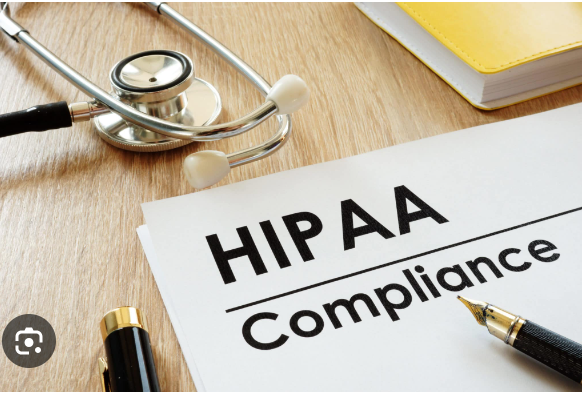HIPAA training courses cover a wide range of topics to ensure that healthcare providers and their employees understand the regulations and requirements set forth by the Health Insurance Portability and Accountability Act (HIPAA). Some of the key topics covered in HIPAA training courses include:
1. Overview of HIPAA: This section provides an introduction to HIPAA, its purpose, and the importance of compliance with its regulations. It covers the history of HIPAA and its impact on the healthcare industry.
2. HIPAA Privacy Rule: The HIPAA Privacy Rule focuses on the protection of patients' personal health information (PHI). Training courses cover the requirements for the use, disclosure, and safeguarding of PHI, as well as individuals' rights regarding their health information.
3. HIPAA Security Rule: The HIPAA Security Rule addresses the security of electronic protected health information (ePHI). Training courses explain the administrative, physical, and technical safeguards that must be implemented to protect ePHI from unauthorized access, disclosure, and breaches.
4. Breach Notification Rule: The Breach Notification Rule outlines the requirements for reporting and responding to breaches of unsecured PHI. Training courses cover the steps that must be taken in the event of a breach, including notification to affected individuals, the media, and the Department of Health and Human Services (HHS).
5. HIPAA Enforcement and Penalties: This section covers the enforcement of HIPAA regulations and the potential penalties for non-compliance. Training courses explain the role of the Office for Civil Rights (OCR) in enforcing HIPAA and the consequences of violations, including civil and criminal penalties.
6. Patient Rights: HIPAA training courses also cover the rights that individuals have regarding their health information. This includes the right to access, amend, and request restrictions on the use and disclosure of their PHI.
7. Business Associate Agreements: Training courses address the requirements for business associate agreements (BAAs) under HIPAA. They explain the responsibilities of covered entities when working with business associates and the necessary safeguards to protect PHI.
8. HIPAA Policies and Procedures: Training courses often provide guidance on developing and implementing HIPAA policies and procedures within healthcare organizations. This includes creating privacy and security policies, conducting risk assessments, and training employees on HIPAA compliance.
9. HIPAA and Technology: With the increasing use of technology in healthcare, training courses may cover topics related to HIPAA and electronic health records (EHRs), telehealth, mobile devices, and other emerging technologies. This ensures that healthcare providers understand how to protect patient information in the digital age.
10. Ongoing HIPAA Compliance: HIPAA training courses emphasize the importance of ongoing compliance and the need for regular training and updates. They may provide resources and best practices for maintaining HIPAA compliance within healthcare organizations.
It's important to note that the specific topics covered in HIPAA training courses may vary depending on the provider and the target audience. However, these are some of the common areas that are typically addressed to ensure a comprehensive understanding of HIPAA regulations and requirements.

